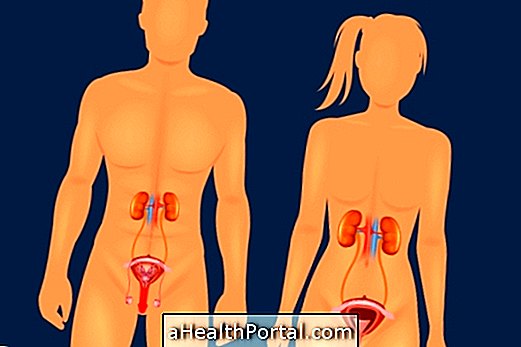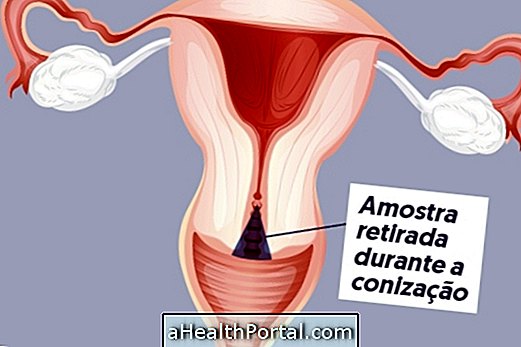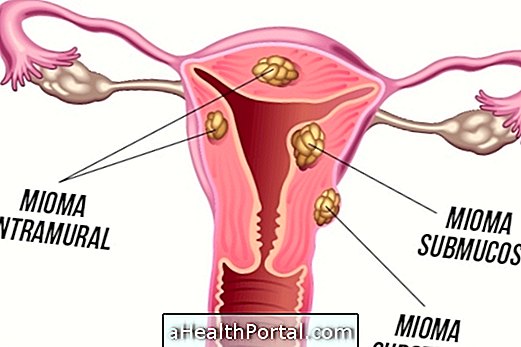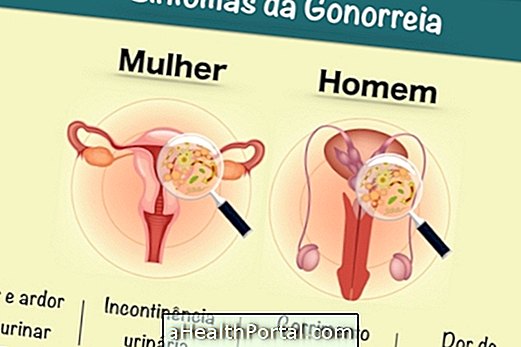Snapping the neck can be harmful if it is not performed correctly or if it occurs very frequently. In addition, if done with too much force can injure the nerves in the place, which can be extremely painful and make difficult or impossible the movement of the neck.
Feeling that you need to snap your neck can be a result of hypermobility, which is when your joints have a range of motion greater than normal. When the neck is broken too often, the ligaments of the joints may be stretched permanently, and there is a greater risk of developing osteoarthritis. Know what it is, what the symptoms are and how to treat osteoarthritis.
In addition, the neck contains many important blood vessels, which can be punctured, when the neck is severed too hard or too frequently, and blood clotting may also occur in these vessels, which can be dangerous because it blocks blood flow to the blood vessel. brain.

What happens when I snap my neck
When the neck cracks, the joints stretch, letting small bubbles of gas in the lubricating fluid release, abruptly, causing the noise. This makes popping the neck seem to release the pressure in place.
Also see what happens when you snap your fingers and how to prevent them from happening.
Because you feel relief by popping your neck
Studies have shown that having a neck cracked by a physical therapist can have a positive mental effect because many people associate strident sounds with releasing pressure and successfully adjusting a joint.
In addition, popping the neck releases endorphins in the region of the site joints, which are substances that help control pain and gives a feeling of satisfaction and pleasure.
When to go to the physiotherapist
People who crack their necks regularly, and never feel satisfied, may need treatment to realign their joints, which may help lessen the cracking of the neck all the time.
In addition, these people should also go to the doctor if they notice any unusual swelling in the neck, which can be a sign of fluid accumulation, injury or infection if they experience pain in the neck joint, especially chronic pain that has no apparent cause or if the joints start to become less mobile due to age or a condition such as osteoarthritis.
Watch the next video and see why you should not also snap your fingers and what you can do to avoid it:























